In Svalbard, the snow melts to reveal a mysterious honeycomb network of irregular shapes (fig. 1). These shapes may look as though they have been created by a rogue baker with an unusual set of biscuit cutters, but they are in fact distinctive permafrost landforms known as ice-wedge polygons, and they play an important role in the global climate. Ice-wedge polygons: Nature’s biscuit-cutter In wint ...[Read More]
Geodynamics
EGU 2018: Experience of a first time attendee
Your first time at the General Assembly can be a daunting experience. It’s not easy to navigate the scientific programme and let’s not even mention navigating the building! It becomes even more difficult if you do not know many people in your scientific community yet. Luckily, one of the easiest things to do at EGU is meeting new people. Jyotirmoy Paul, PhD student at the Indian Instit ...[Read More]
Solar-Terrestrial Sciences
Prof. Ilya Usoskin – A discussion with an inquiry mind
In the May issue of the Life of a Scientist we have the pleasure to talk to Prof. Ilya Usoskin from the Univeristy of Oulu, Finland. Among numerous things, he is the head of the Oulu Cosmic Ray station and receipent of this year’s Julius Bartels EGU Medal; a decision that was based: “on his contributions to the understanding of the heliosphere, long-term changes in the solar activity ...[Read More]
GeoLog
Plate Tectonics and Ocean Drilling – Fifty Years On
What does it take to get a scientific theory accepted? Hard facts? A strong personality? Grit and determination? For many Earth Scientists today it can be hard to imagine the academic landscape before the advent of plate tectonics. But it was only fifty years ago that the theory really became cemented as scientific consensus. And the clinching evidence was found in the oceans. Alfred Wegener had p ...[Read More]
GeoLog
Imaggeo on Mondays: River in a charoite schist
Polarized light photomicrograph of a thin section of a charoite-bearing schist. Charoite is a rare silicate found only at one location in Yakutia, Russia. For its beautiful and uncommon purple color it is used as a semi-precious stone in jewelry. Under the microscope charoite-bearing rocks give an overall feeling of movement, with charoite forming fibrous mats that swirl and fold as a result of de ...[Read More]
GeoLog
Geosciences Column: Extreme snowfall potentially worsened Nepal’s 2015 earthquake-triggered avalanche
Three years ago, an earthquake-induced avalanche and rockfalls buried an entire Nepalese village in ice, stone, and snow. Researchers now think the region’s heavy snowfall from the preceding winter may have intensified the avalanche’s disastrous effect. The Langtang village, just 70 kilometres from Nepal’s capital Kathmandu, is nestled within a valley under the shadow of the Himalayas. The town wa ...[Read More]
Cryospheric Sciences
Image of the Week – Cure from the Cold?
Humans rely on antibiotics for survival, but over time they are becoming less effective. So-called ‘superbugs’ are developing resistance to our most important drugs. The key to this global issue may be found in the cryosphere, where extreme microbiologists are hunting for new compounds in the cold that could help us win the war against antimicrobial resistance. Discovering drugs in Earth’s coldest ...[Read More]
Seismology
The new ECS-reps team of the Seismology Division!
At the EGU General Assembly 2018, a new team of Seismology Early Career Scientist representatives was introduced and installed. With more than half of the EGU membership consisting of Early Career Scientists, the team represent an important part of the community and want to be approachable for all. They will be responsible for the Seismology blog, organize the yearly short course “Seismology for n ...[Read More]
GeoLog
Wildfires in the wake of climate change
Last year saw some of the biggest blazes in history, and may be a sign of things to come. 2017 was a record year for wildfires. California and neighboring western states saw the most destructive fire in US history, with an estimated 18 billion dollars worth of damage over the season. In central Portugal, fires caused 115 deaths over the same period. Researchers presenting at a press conference at ...[Read More]
Geochemistry, Mineralogy, Petrology & Volcanology
Fire, Fog, Frost, Famine – French Revolution? The Lakagígar eruption in Iceland, 1783-1784 [Part 1]
“On the 8th of June 1783, at Whitsun, there gushed forth from the mountains behind the summer pastures a fire which devastated land, cattle and humans with its effects, both nearby and far away”, wrote Reverend Jón Steingrímsson of Kirkjubæjarklaustur in his autobiography [2]. The “fire” which welled up from a volcanic fissure now known as Lakagígar (the craters of Mount Laki) was the biggest floo ...[Read More]

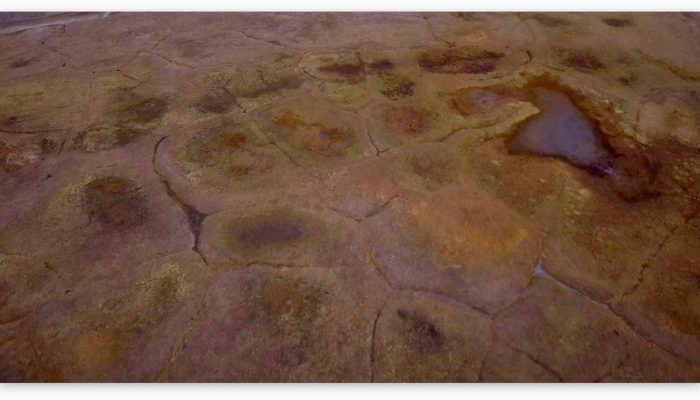
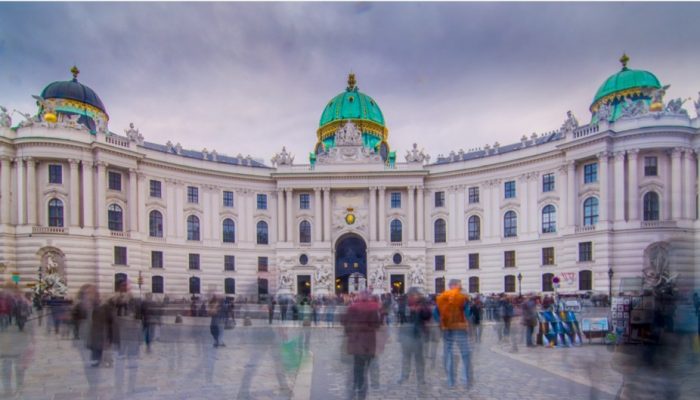
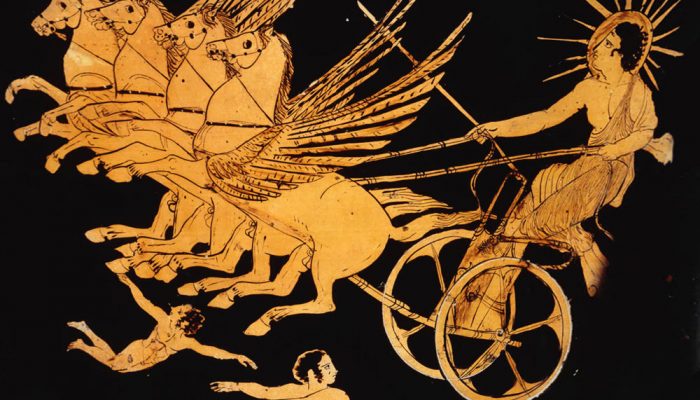
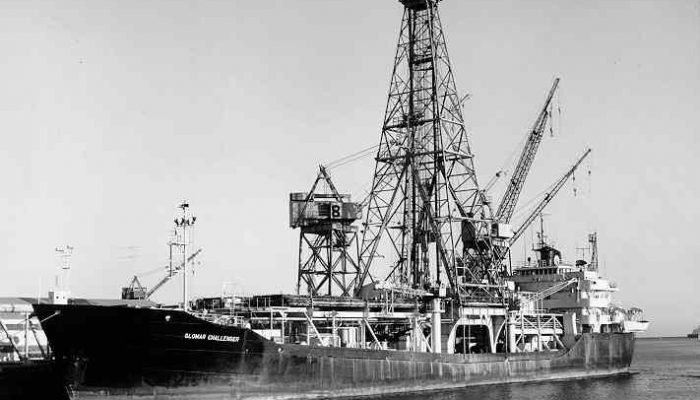
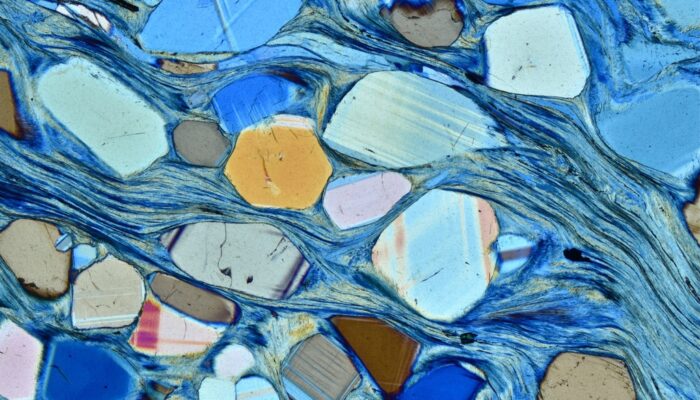
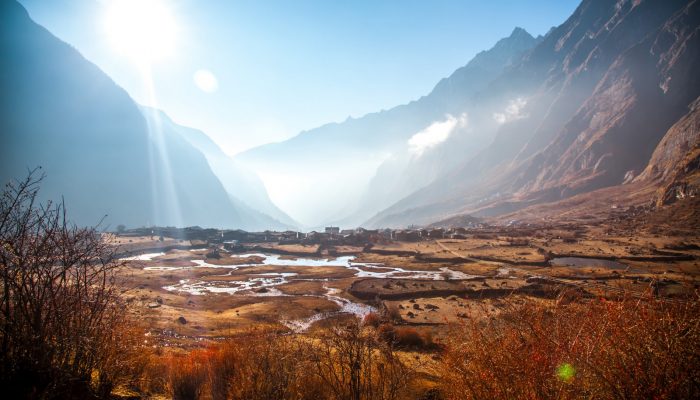
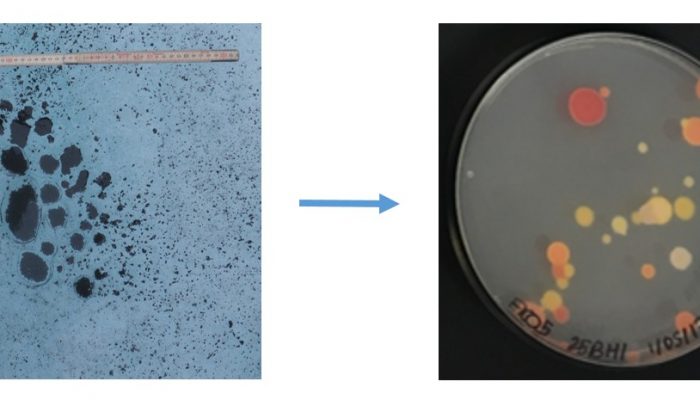
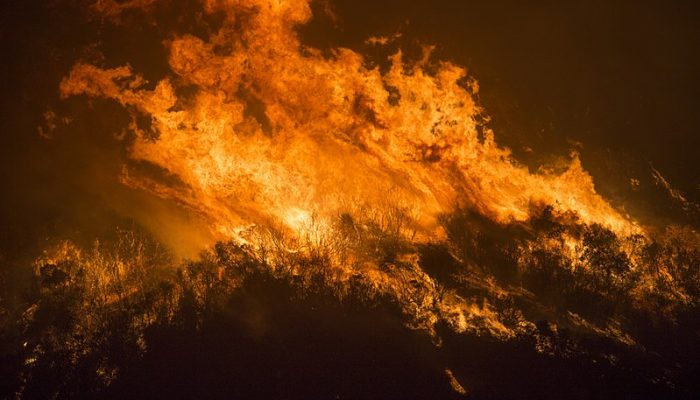
![Fire, Fog, Frost, Famine – French Revolution? The Lakagígar eruption in Iceland, 1783-1784 [Part 1]](https://blogs.egu.eu/divisions/gmpv/wp-content/blogs.dir/19/files/2018/05/Figure1_southwestern_fissure_edit-700x400.jpg)